Specialty welding electrodes aerospace shipbuilding are vital for joining metals in high-stress settings. These electrodes deliver reliable welds when strength, heat resistance, and corrosion protection matter most. In industries like aerospace and shipbuilding, weld integrity can mean the difference between success and failure. This article explores how specialty electrodes meet advanced demands and why choosing the right product makes all the difference.
Understanding Specialty Welding Electrodes
Specialty welding electrodes differ from general-purpose rods by their composition and coating. They contain alloys or fluxes designed for specific metal types and service conditions. For example, electrodes for high-temperature alloys include elements like nickel or chromium. Coating materials help stabilize the arc, reduce spatter, and improve slag removal. Together, these features ensure clean, strong welds even in challenging environments.
Demands of the Aerospace Industry
Aerospace components face extreme pressures, rapid temperature swings, and the need for lightweight strength. Welds must join thin aluminum sheets, high-strength steel, and advanced alloys without adding excess weight or compromising durability. Any weld flaw can lead to fatigue cracks or structural failure. As a result, aerospace welders rely on specialty electrodes that offer:
- Consistent arc stability for precise control
- Minimal warping on thin materials
- High tensile strength and fatigue resistance
- Excellent corrosion protection at altitude
Requirements in Shipbuilding
Shipbuilding involves thick steel plates, exposure to saltwater, and fluctuating loads from waves and cargo. Welds must seal joints against corrosion and withstand constant mechanical stress. Specialty electrodes for shipbuilding often contain elements like molybdenum and manganese to enhance strength and crack resistance. Mild steel and stainless-steel electrodes get rigorous testing to ensure they:
- Prevent hydrogen-induced cracking in thick welds
- Offer deep penetration for strong bonds
- Maintain performance in wet or humid conditions
- Resist corrosion from seawater and chemicals
How Specialty Electrodes Meet These Needs
By tailoring the electrode chemistry to each metal’s needs, manufacturers achieve welds that perform reliably over time. For aerospace, aluminum-specific electrodes use a mix of magnesium and silicon to match base metals without creating brittle zones. In shipyards, low-hydrogen electrodes minimize moisture absorption, lowering the risk of cracking in critical joints. Flux-coated rods help control weld pool shape and slag behavior, ensuring welders can maintain consistent quality even under demanding conditions.
Quality and Testing Standards
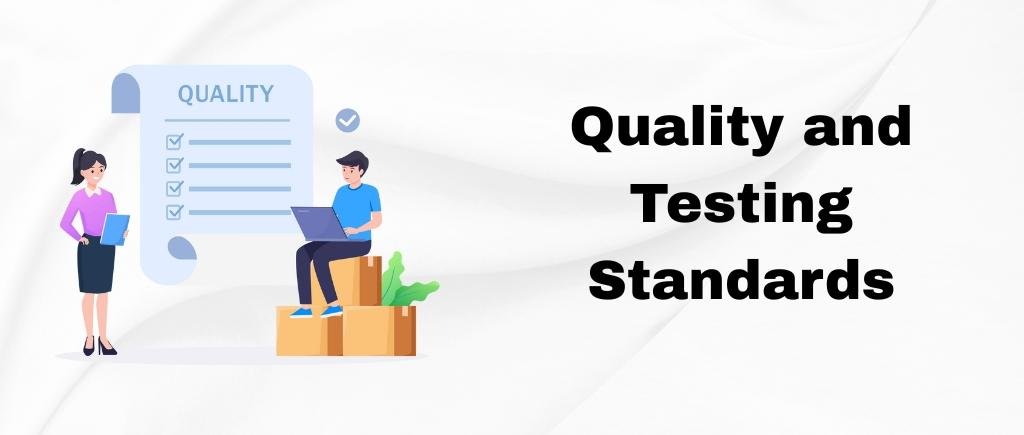
Both industries adhere to strict standards. Aerospace welds must comply with specifications from bodies like the American Society for Testing and Materials (ASTM) and aviation authorities. Shipbuilding follows guidelines from organizations such as the International Association of Classification Societies (IACS) and the American Welding Society (AWS). Specialty electrodes undergo tests for:
- Tensile and yield strength
- Bend and impact resistance
- Porosity and inclusions
- Chemical composition and coating integrity
These tests guarantee that each batch of electrodes performs to specification, giving engineers and welders confidence in safety-critical applications.
Selecting the Right Supplier
Choosing a reputable supplier ensures consistent quality and reliable delivery. Look for companies that:
- Provide clear technical data sheets for each electrode type
- Offer on-site or virtual welding trials to match your needs
- Maintain rigorous quality control and traceability
- Support compliance with industry certifications
Working with a knowledgeable supplier also means getting expert guidance on electrode selection, storage practices, and welding parameters.
Future Trends in Specialty Electrodes
Innovation continues as materials advance. Additive manufacturing and hybrid welding processes are creating new demands for electrodes that can handle mixed materials or integrate with automation. Suppliers are developing electrodes with improved environmental profiles, reducing harmful emissions and minimizing waste. Meanwhile, smart sensors and data analytics in welding equipment help monitor electrode performance in real time, ensuring consistent results.
Logos Weld Products specializes in meeting advanced industry needs with reliable specialty welding electrodes aerospace shipbuilding requires. As a leading Welding Electrode Plant, we combine strict quality control with deep material expertise to support critical projects. Whether you are fabricating aircraft components or constructing ocean-going vessels, our electrodes deliver the strength and durability your work demands.


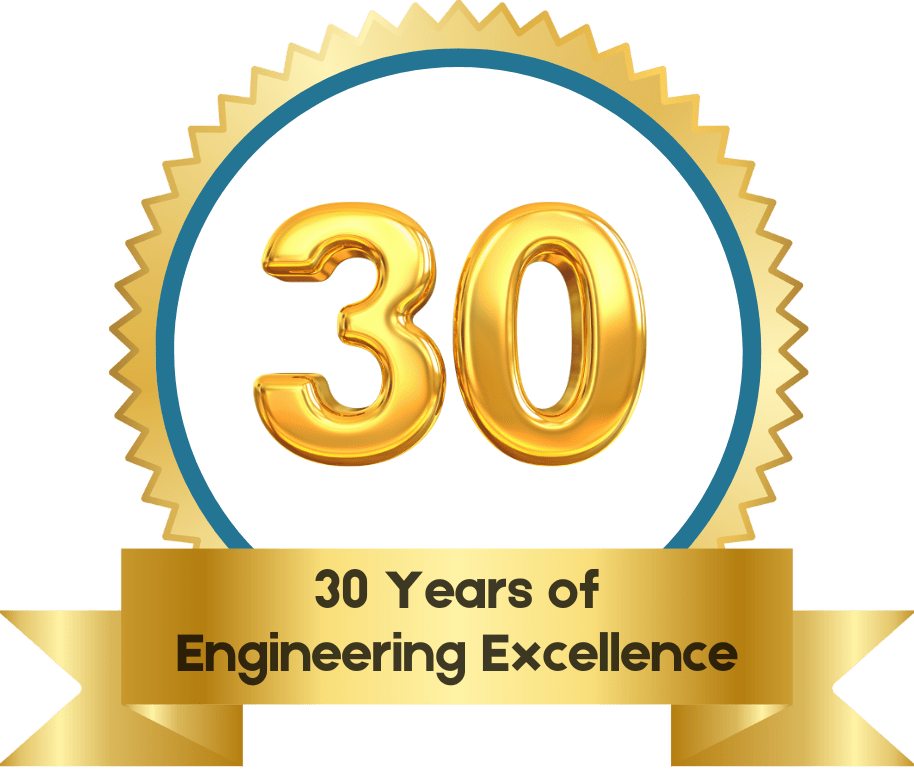
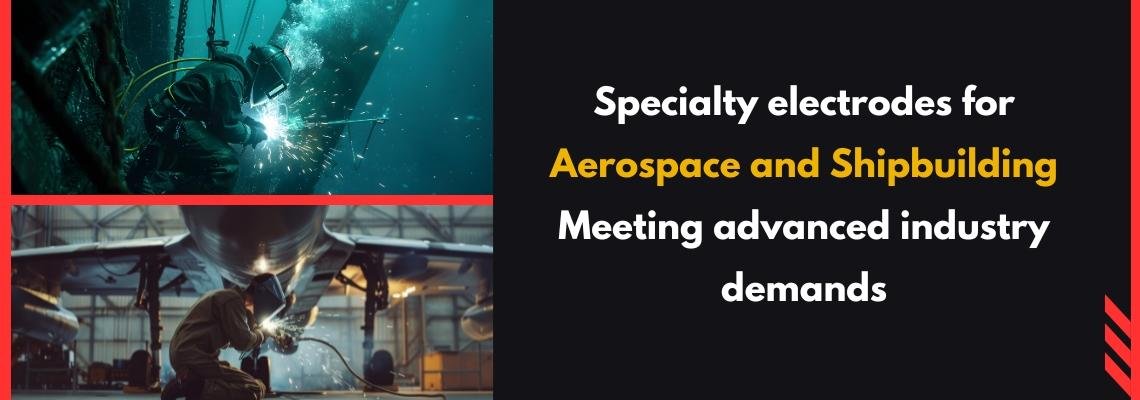
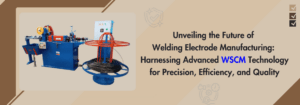

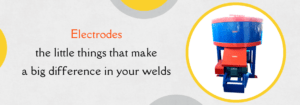
**mindvault**
mindvault is a premium cognitive support formula created for adults 45+. It’s thoughtfully designed to help maintain clear thinking
**sugarmute**
sugarmute is a science-guided nutritional supplement created to help maintain balanced blood sugar while supporting steady energy and mental clarity.
**gl pro**
gl pro is a natural dietary supplement designed to promote balanced blood sugar levels and curb sugar cravings.
**prostadine**
prostadine is a next-generation prostate support formula designed to help maintain, restore, and enhance optimal male prostate performance.
**vitta burn**
vitta burn is a liquid dietary supplement formulated to support healthy weight reduction by increasing metabolic rate, reducing hunger, and promoting fat loss.
**prodentim**
prodentim an advanced probiotic formulation designed to support exceptional oral hygiene while fortifying teeth and gums.
**glucore**
glucore is a nutritional supplement that is given to patients daily to assist in maintaining healthy blood sugar and metabolic rates.
**synaptigen**
synaptigen is a next-generation brain support supplement that blends natural nootropics, adaptogens
**nitric boost**
nitric boost is a dietary formula crafted to enhance vitality and promote overall well-being.
**mitolyn**
mitolyn a nature-inspired supplement crafted to elevate metabolic activity and support sustainable weight management.
**wildgut**
wildgutis a precision-crafted nutritional blend designed to nurture your dog’s digestive tract.
**zencortex**
zencortex contains only the natural ingredients that are effective in supporting incredible hearing naturally.
**yu sleep**
yusleep is a gentle, nano-enhanced nightly blend designed to help you drift off quickly, stay asleep longer, and wake feeling clear.
**breathe**
breathe is a plant-powered tincture crafted to promote lung performance and enhance your breathing quality.
**pineal xt**
pinealxt is a revolutionary supplement that promotes proper pineal gland function and energy levels to support healthy body function.
**energeia**
energeia is the first and only recipe that targets the root cause of stubborn belly fat and Deadly visceral fat.
**prostabliss**
prostabliss is a carefully developed dietary formula aimed at nurturing prostate vitality and improving urinary comfort.
**boostaro**
boostaro is a specially crafted dietary supplement for men who want to elevate their overall health and vitality.
**potent stream**
potent stream is engineered to promote prostate well-being by counteracting the residue that can build up from hard-water minerals within the urinary tract.
**hepatoburn**
hepatoburn is a premium nutritional formula designed to enhance liver function, boost metabolism, and support natural fat breakdown.
**hepato burn**
hepato burn is a potent, plant-based formula created to promote optimal liver performance and naturally stimulate fat-burning mechanisms.
**flowforce max**
flowforce max delivers a forward-thinking, plant-focused way to support prostate health—while also helping maintain everyday energy, libido, and overall vitality.
**prodentim**
prodentim is a forward-thinking oral wellness blend crafted to nurture and maintain a balanced mouth microbiome.
**cellufend**
cellufend is a natural supplement developed to support balanced blood sugar levels through a blend of botanical extracts and essential nutrients.
**revitag**
revitag is a daily skin-support formula created to promote a healthy complexion and visibly diminish the appearance of skin tags.
**neuro genica**
neuro genica is a dietary supplement formulated to support nerve health and ease discomfort associated with neuropathy.
**sleeplean**
sleeplean is a US-trusted, naturally focused nighttime support formula that helps your body burn fat while you rest.